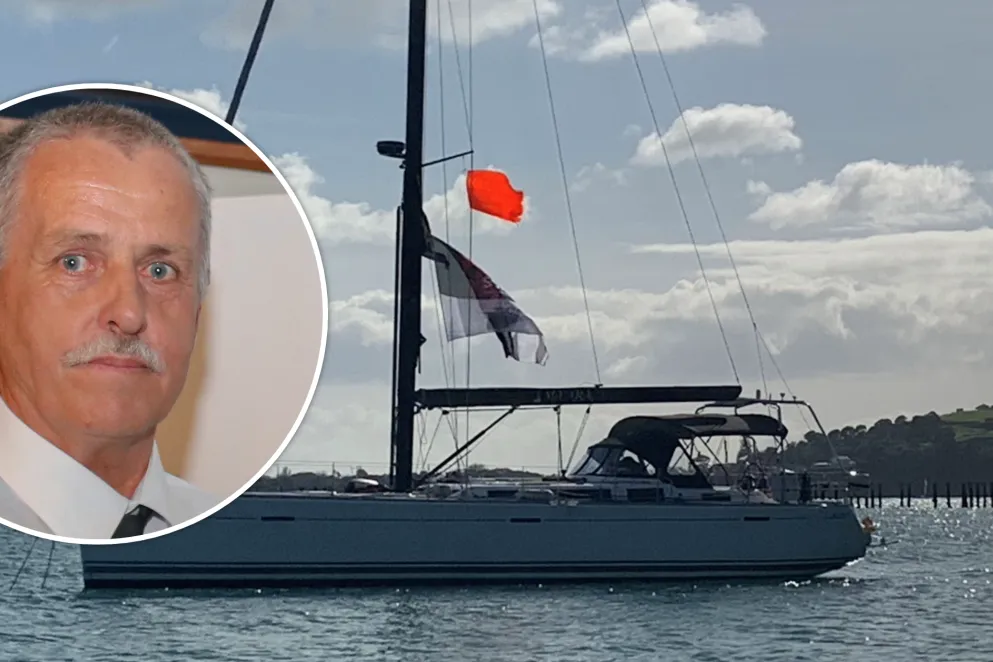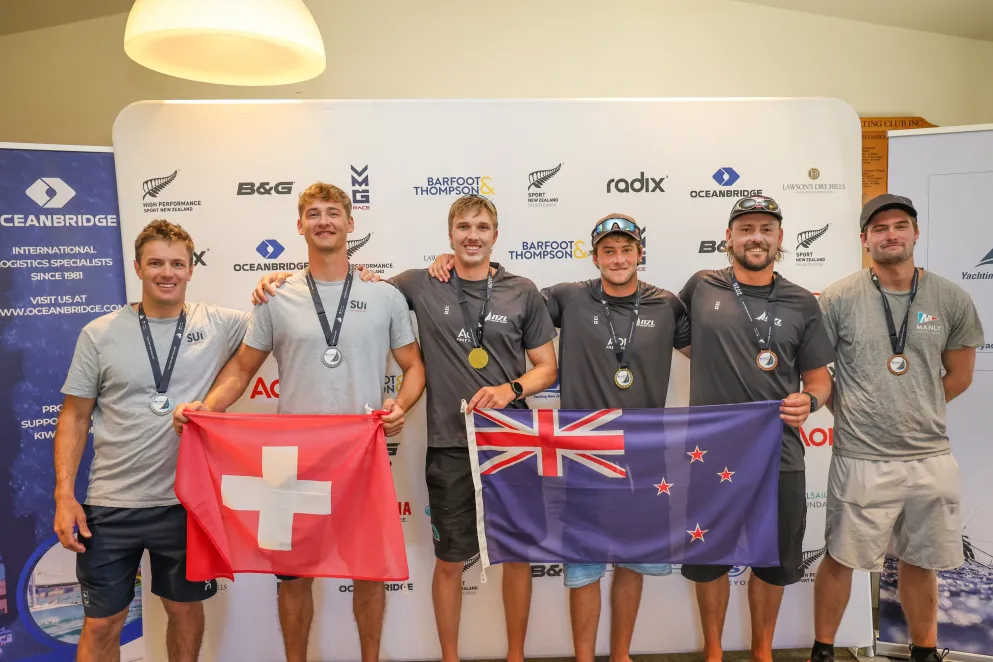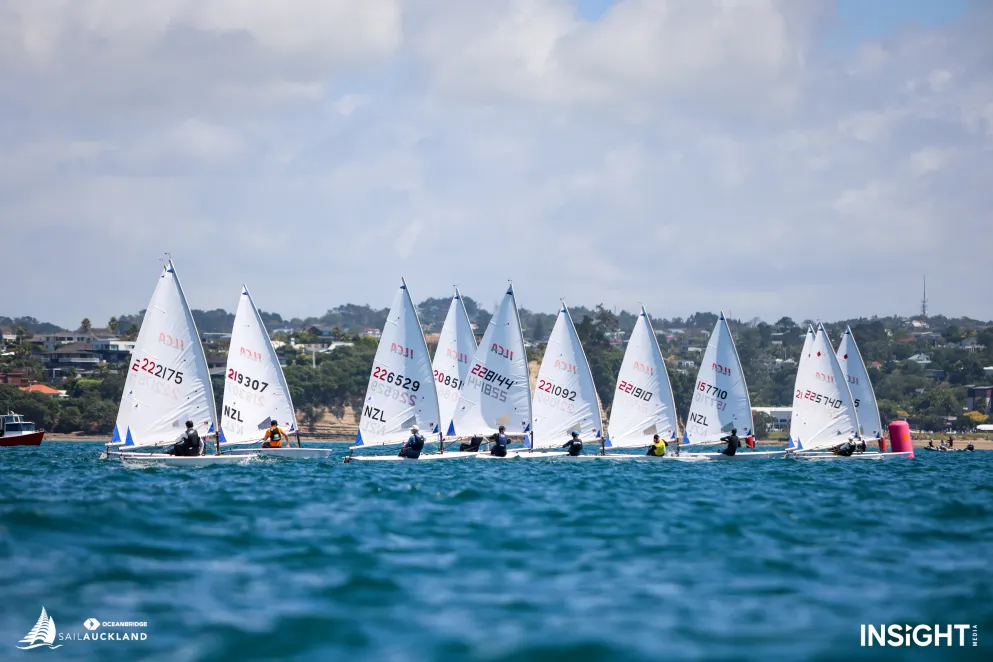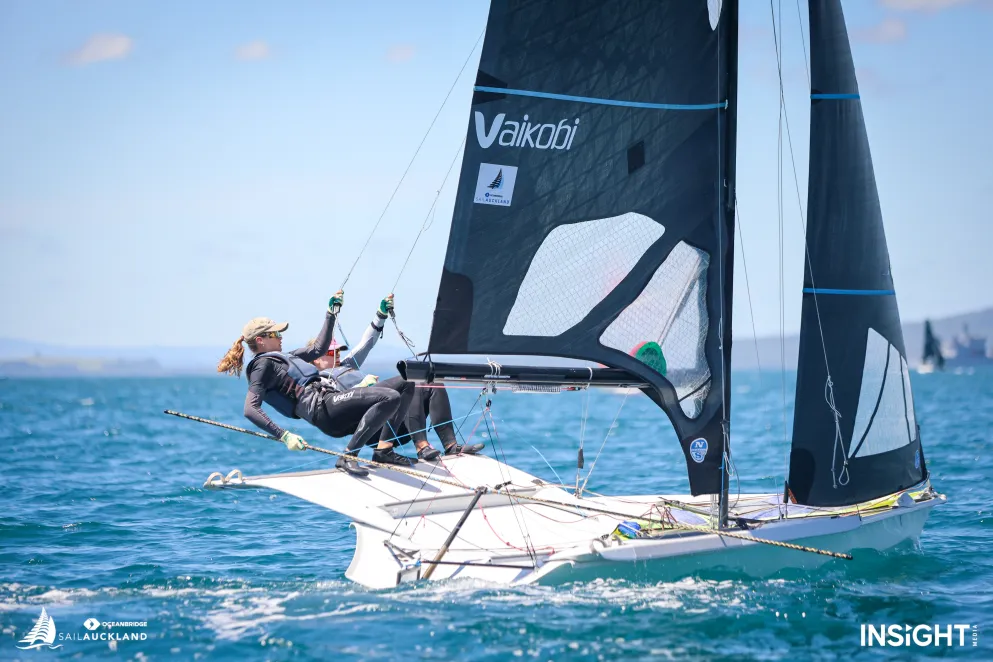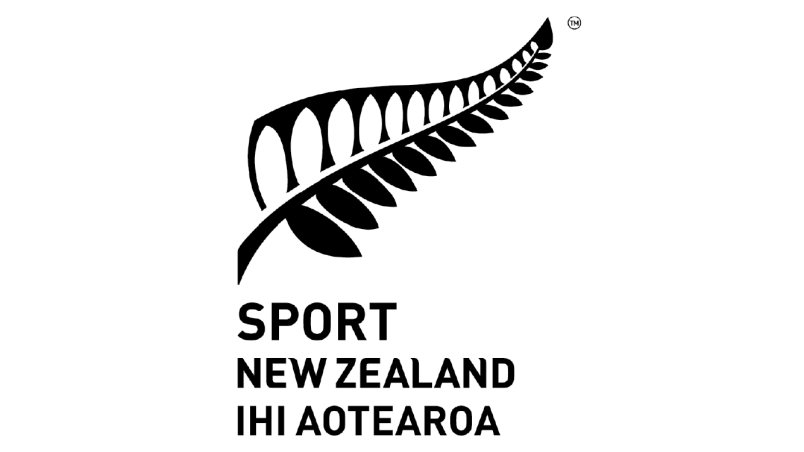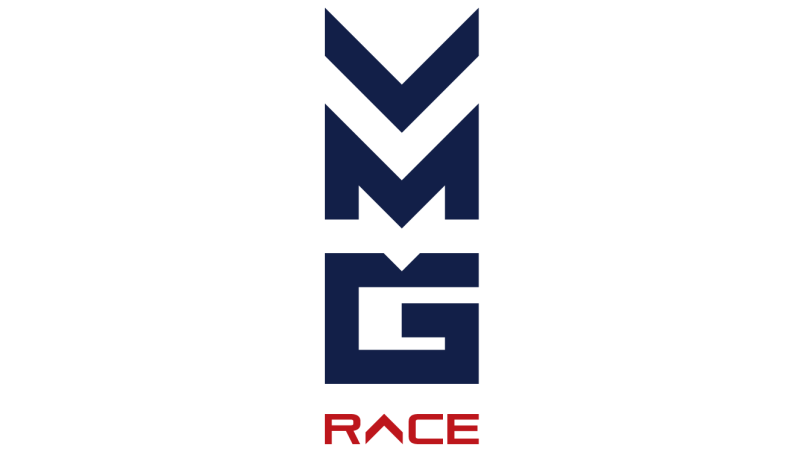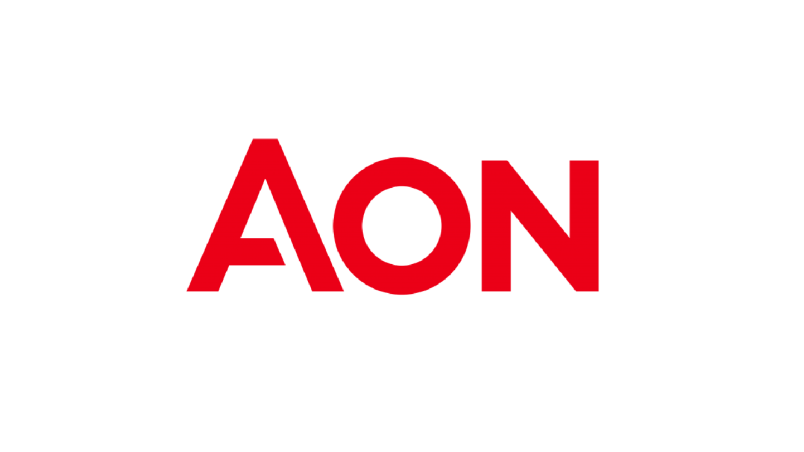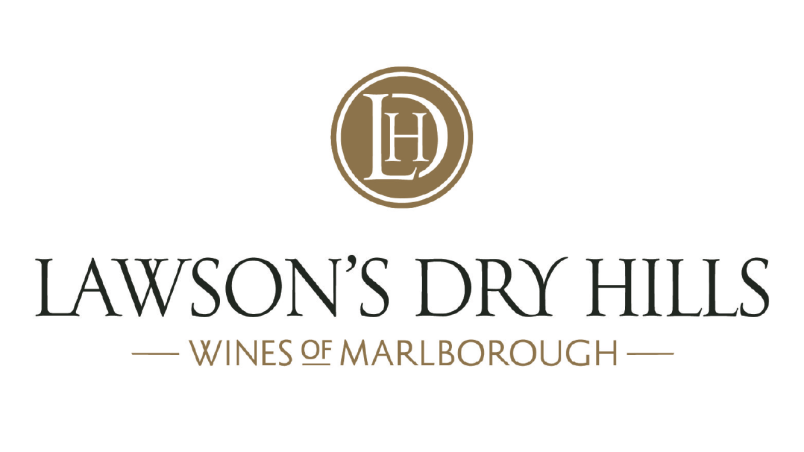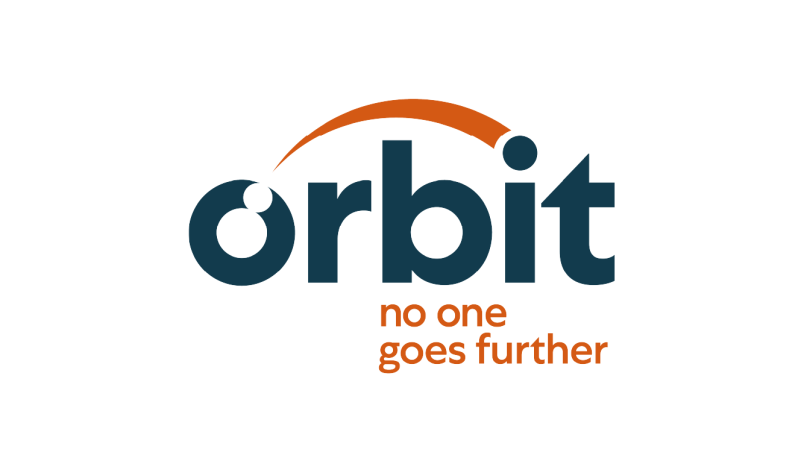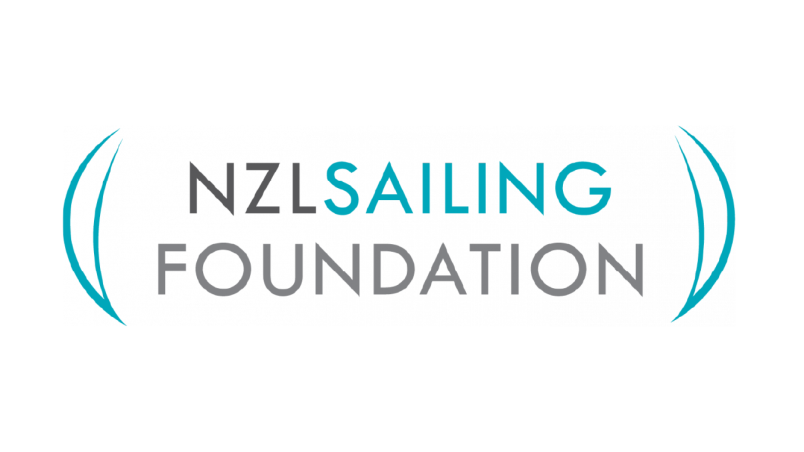Spotlight on: Jon Henry
Over the past two decades, Jon Henry has become synonymous with short-handed sailing in New Zealand.
The 62-year-old father of two is one of the most long-standing volunteers at the Short Handed Sailing Association of New Zealand, having served as the race director for the last four Round North Island races, and SSANZ vice-chairman and committee member - all while running a large dairy farm in the Waikato and battling ill health.
In the latest of our regular feature shining the spotlight on the country’s yachting community and the people at its heart, we talk to Henry about his passion for offshore sailing, how the sport has evolved over the years and knowing his decisions could be the difference between a competitive race and catastrophe.
Tell us about your introduction to sailing.
I grew up on a farm in north Waikato – the same farm I still live on. We converted it from a sheep and beef to a dairy farm back in the late 90s. I have someone who looks after it now, which allows me a bit more time for my other job.
The first sail I ever went for was aged 7 in Mercury Bay while staying with some friends at their bach. They had a small two-man dinghy and I got hooked straight away. From there I progressed to a Farr 3.7 and much later we bought a trailer yacht 6000. I had that for 12 years, raced with Waikato Yacht Squadron and won the club champs a few times.
My wife Carol and I started cruising a bit with our young family and in about 2000 we bought a Carpenter 29 and sailed out of Pine Harbour. I was on the race committee with Waikato Yacht Squadron for about five years and ended up as chairman.
How did you get into offshore sailing?
We sold the Carpenter and bought a Beale 38 called Danaide and around the same time I met a guy called Paddy Green who had a Farr 1104 and he wanted to do some offshore racing.
We did the 2005 Auckland-Suva race together, after which we decided to get into a bit of two-handed sailing in the Beale.
In 2008, after four Round White Island Races and a few years of SSANZ Triple Series, we had a go at the Round North Island. We won the race on ORC - just enough for us to start thinking we knew what we were doing.
And you didn't?
In the next RNI, in 2011, we had gear failure and ended up turning around. We had overhauled the steering system on the boat and one of the bearings that we replaced fell out after going down the west coast.
Only about half the fleet got around that year – two boats lost their masts, one had a keel problem, and another guy broke his back off New Plymouth. We were on leg two from Mangonui up to the North Cape when we heard on the radio there had been a massive earthquake in Christchurch. A few of the southern boats pulled out in Wellington to be with their families.
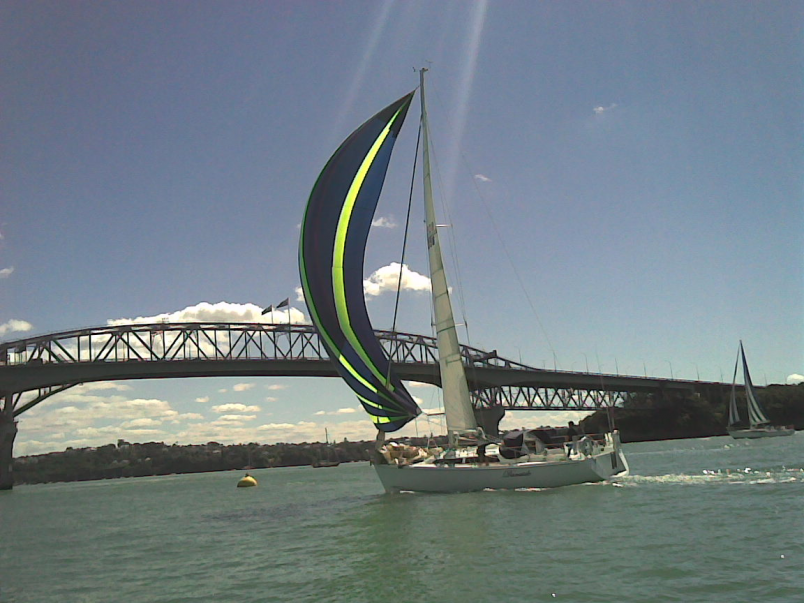
You didn’t sail in another RNI after that?
No. Paddy and I did the two-handed Round New Zealand Race in 2012 and after that, we felt we had achieved everything we set out to do together.
I had been on the RNI committee since 2009 and got more involved with the management side of things. I was asked to be the race officer and race director for the 2014 RNI, which I was really pleased with.
My goal for that race was to get every boat that started across the finish line and that’s what happened.
I've been in charge since then - 2017, 2020 and this year.
Was it a difficult decision to shorten the 2023 edition from four legs to three, skipping the planned stopover in Napier, following the devastation from Cyclone Gabrielle?
It was one of the tougher calls to make but, at the same time, also a very logical decision.
The toughest thing probably was getting enough information to make the decision.
What's the best part of the job?
The camaraderie between shorthanded sailors is something you don't see anywhere else. A boat will have an issue and there will be a sailmaker or a rigger on another boat that'll jump on board and do whatever they can to help. The competition on the water is world-class but the camaraderie off it is unrivalled.
And the most challenging?
Often competitors don't understand that I don't have a dog in the fight. To me it makes no difference who wins - my role as race officer is to make sure it's fair and safe and we stick to the rules.
At SSANZ we have a philosophy that it's the skipper's decision to race and unless it would be grossly unsafe, we'll fire the gun. But we make it very clear at the briefings that it's ultimately your decision, and if you think the conditions are potentially above you, you shouldn't race. That's just good seamanship.
It's a fine balance but if you keep lowering the standard of when you will race, you end up with lighter boats that are less capable because they're the only ones that can compete on light days. And you also end up with a fleet of sailors that don't know how to handle conditions like that.
We want everyone to get round safely, but part of that is actually not making all the decisions for the skippers.
And if we make a decision that's wrong, we encourage people to protest the race committee because that way we can learn from it. and make sure it doesn't happen again. Sometimes, race committees are a bit inclined to put themselves above the competitors, whereas we have all been competitors and we all will be competitors again.
Has it changed much over your time being involved?
It certainly has. We all cut our teeth on 30-something footers offshore and having to deal with a situation that we found ourselves in. Nowadays, the young sailors that are coming through are jumping on big flash race boats and not making any decisions.
It's a great leveller, shorthanded sailing. You look at the size of the spinnakers they had on the likes of Equilibrium and Wired during the last Round North Island - it's a real art getting those big sails down shorthanded.
Short-handed sailing is a lot less about the gun you bring to the fight. It's more a sailors' competition than a dollar competition.
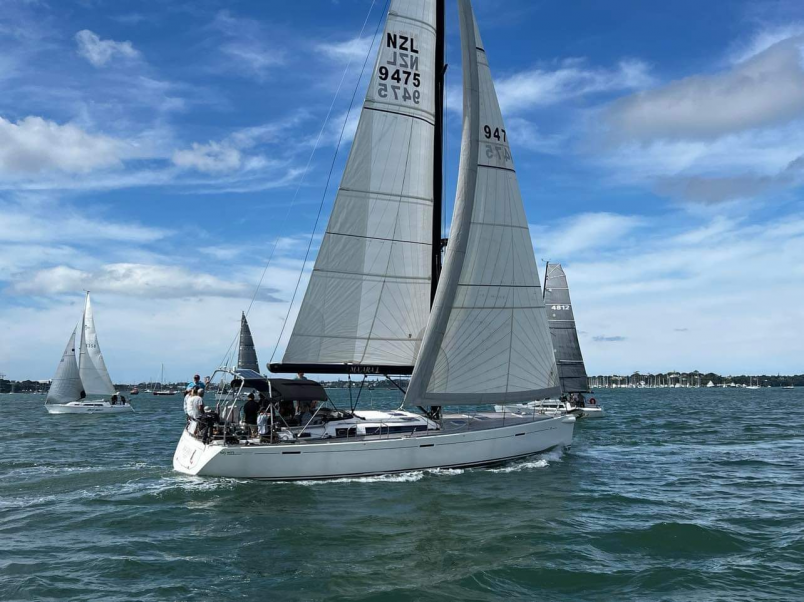
What are some of the highlights from your time in sailing?
In 2014 we bought a Dufour 525 called Ma'ara and sailed it back from Greece.
Not many Kiwis get the opportunity to sail across the Atlantic and we ended up having quite a few friends getting in touch. It ended up taking about 12 months with more than 30 different crew.
From a cruising point of view that was a definite highlight but winning the 2008 RNI is probably at the top of the list.
What are your future plans?
My goal as race director for SSANZ is to be fully replaceable and over the past few years I've got a group of people involved in race management. I stepped back from being race manager and have just been race director since 2017.
I am also now a safety inspector.
I haven't done much short-handed sailing for a while as my health hasn't been that good for the last four or five years. It's a type of leukaemia. It won't kill me but it weakens my immune system. I am in remission at the moment and Carol and I are planning a trip quite soon.
